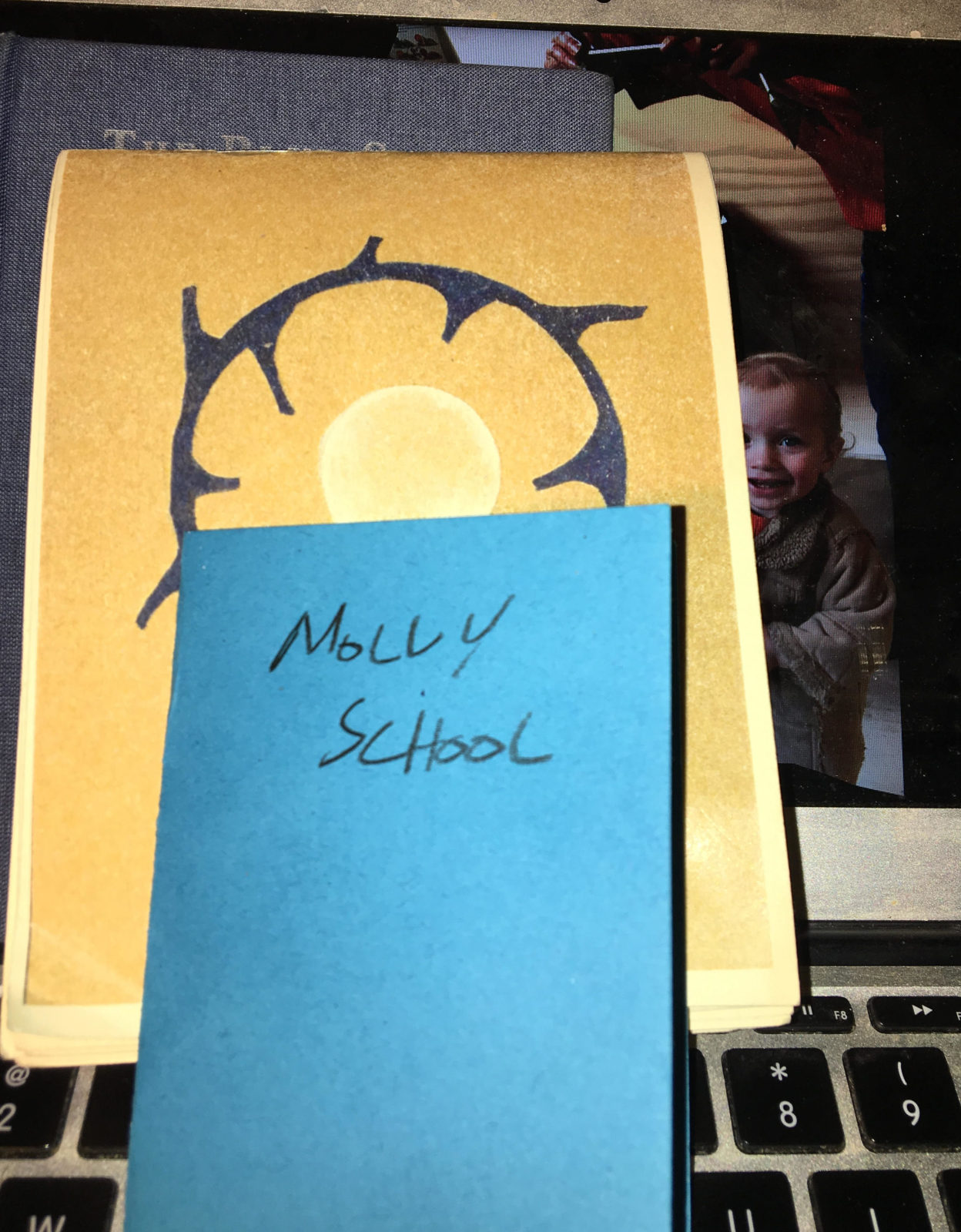No more essays in schools. Writing yes. Essays not.
From now on, only letters.
Letters from blue states to red and red to blue, rich to poor, black to white and back again, and–by fiat–young to old in hopes those (the old)–will respond.
Does the world suffer from a lack of the critical thinking English teachers claim essays teach? Sure. Yes. Affirmativo. You don’t get Trump, Erdojan, Zuma, Putin, Karimov, The Fake News Follies and Justin Bieber without some blinding failure of critical thought.
Black Lives Matter!
–Oh yeah, well all lives matter.
Argumentation, persuasion, and rhetoric may one day defeat the forces of untruth, brutality and ill-reason, distinguish the good from the all spin zone, but that day is not today. Sacarmuci? Gorka? Bannon? They all wrote essays.
Besides, dear teachers of writing, it is hardly as if Montaigne’s art thrives in our students, even among the those to whom we might lend the kingdom’s keys, whose vocalities sing then hum, and who can observe in a degree of register, with measure of measure.
Our students are frozen, getting into Yale enough the arctic of the page, the Bob Cratchit pressure to shiver and deliver and feel glad your human,
Anyway, the contest of ideas, the mind in dialogue with itself–these have become polluted with the need to triumph. Most hits. Most likes. Defeat the trolls. All these battles–none worth fighting–a way to imagine the globes a village.
Yet despite the proximity of everyone everywhere, we are not so good at talking to people, let alone people from the other side of town, from across the other side of the twacks.
Since I will never understand what justifies a one percenters wealth or why Americans need guns more than the Japanese do or why it would be a bad plan to steal from Finland’s playbook a bit more, and since the rhetorical trick, facts and figures, or plea of sanity that convinces a Trump supporter to tone it down, let go, and chill out escape me, I may as well get some paper, an envelope and a stamp and go for some basic info”
What did they you for breakfast? What series did you watch last night? How often do you fart on a bad day? (Probably you will hate me and my flatulence jokes. ) Likely I will hate you. But at least the challenge now is “who are you?” not, “can I get my argument good enough to make you someone different?”
But the value of writing a letter on a real piece of paper to some other person is something we can sell and which might have far greater worldly and intellectual value. Write letters to a person in class, a person on campus, a person in the ether you admire, a person who might have a job for you, a person your uncle knows, and yes, a person with whom you disagree.
If one writes 100 letters in high school English class and develops from that one or two meaningful correspondents or learns, if nothing else, how to approach tactfully a future employer or donor, where’s the harm? What’s the loss? Indeed, I suspect letters would build exactly the skills we pretend essays build now. Removed from having to prove something to teachers, students will do naturally what people do in letters: think, exchange events and ideas, question each other. (Look , for recent example, at the letters Paul Auster and J.M Cotezee write each other. Sure, they are “practiced writers,” but they exchange thoughts about politics and economy and sport and family life and tradition and work and fame and sex and some dozen-score other subjects, teaching each other and themselves as they go, the essence of what an essay is meant to offer anyway. Yes, Auster and Coetzee write to each other as friends, but it is clearly a friendship that rests, in part, on writing to one another, a friendship which clearly grows and gains life there too. That others find their correspondence worth reading is a fluke of excellence, perhaps, but engaging in correspondence always brings people closer to friendship, intimacy and citizenship. Or maybe–here’s some seriously wishful thinking–it will be harder to fire bomb people with whom you’ve corresponded or troubled with stationary and a stamp. That dream, however hallucinatory, is not more wild than the idea that some “good essay” will quiet Brietbart. )
Besides, such real letters will bring students off line a bit more and perhaps help reset the confusion of “likes” with depth, friends with friendship, and clicks with what can only be earned through contemplation of what someone says to you and what you might say back. (The speed of true contemplation is all but lost on line.)
And not to worry teachers. There will still be plenty to do. More, in fact. “Is that what you want to say to your future ally? To the person you hope will at least respect you? To someone whose sofa you might sleep on someday? How can you write a cleaner sentence? How might you show yourself more as who you are?” All the usual questions and advice will be yours to ask and give. And if you do it well you will help generate a world of correspondents rather than a world of those lost to the furies.

